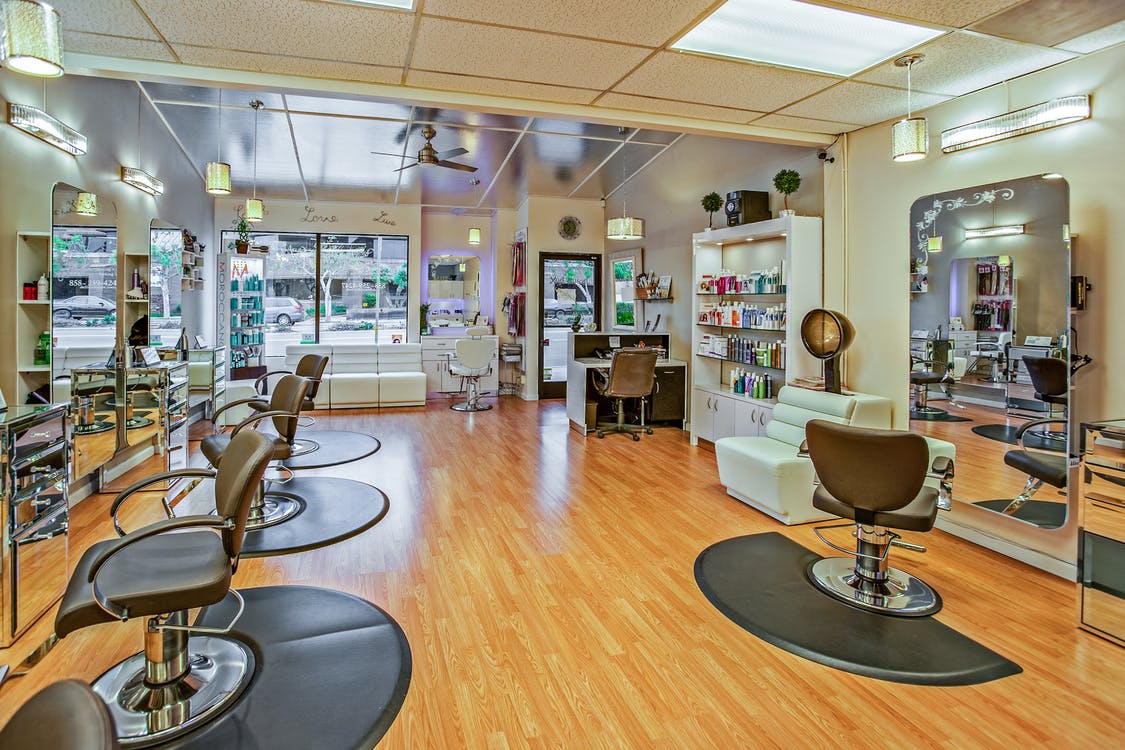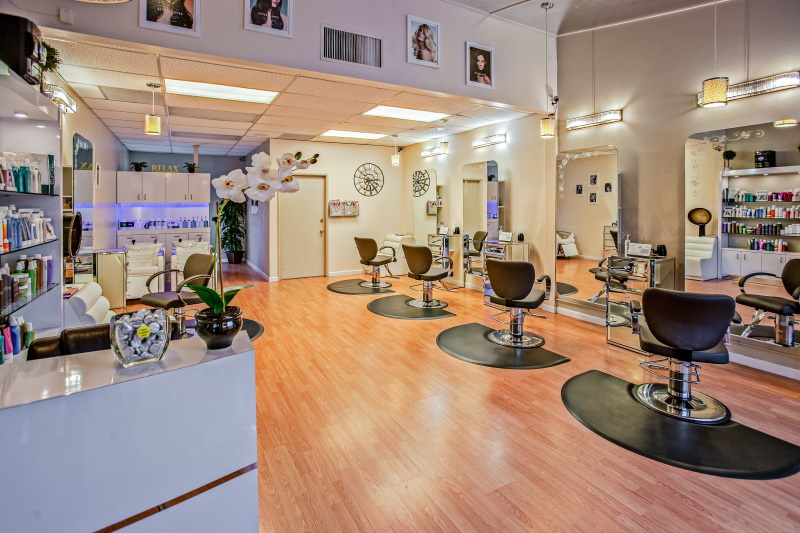
Insurance might seem like a heavy expense, but it’s nothing compared to the troubles your business would face without them. Today, we will discuss a good baseline of what insurance your salon needs.

It’s a wild world out there, and a bad hair day is the least of your salon’s problems in case of a disaster. In such situations, salons need to ensure that their facilities and employees are adequately insured. However, you need to ask yourself what insurance policies your business actually needs.
After all, there are many insurance policies available out there, but you don’t want to be paying for something that won’t actually affect your business. Today, we will discuss a good baseline of what insurance your salon needs.
Before you start picking out insurance policies, look into some bundled plans first. Picking out insurance policies gets costly pretty quickly. To save some money, most insurance agents highly recommend buying them in bulk via a BOP (Business Owner’s Policy).
There are some fringe benefits to buying insurance policies separately. In practice, however, the bundled commercial insurance plan is sufficient. They come with a core set of insurance policies, and if you want to add any more, there are optional add-ons. For any size business, bundling is a good call. Of course, always check how much insurance you’re getting before rushing into a bundled plan. Some insurance agencies cover “less” if it’s bundled, so inquire and get everything in writing.
These are the insurance policies your salon definitely needs. Having these will make compliance risk management much simpler in the long run. Get these policies before anything else.
With how many employees and customers file through the salon day in and day out, a general liability insurance policy is a must. This policy protects your business from claims of property damage, slander, libel, and bodily harm.
If a customer accidentally injures themselves on your premises, or an employee accidentally harms a customer, your insurance will cover any costs. The truth of the matter is, you don’t know what will happen, so it’s better to be safe than sorry.
Salons, unfortunately, may attract some rather easily offended people. Perhaps one customer overreacts to a haircut that they find terrible. Of course, the inverse may be true, a problem employee might cause undue stress on your customer.
In such cases, hazard insurance covers all legal costs and/or compensation to the person suing. Examples of cases where professional liability insurance covers you are:
This insurance policy is straightforward, it protects your business facilities, and in some cases, all of the assets within said facilities. With all those expensive furniture and hair care equipment, this is a very handy policy to have.
If an accident were to occur, then property insurance ensures that all of these items are easily replaceable and paid for. Paying out of pocket to recover all of these items would be a death sentence for a small business.
Worker’s compensation insurance is a requirement in most places. Regardless of how many employees you have, this is a necessity to protect your business from claims of work-related injuries and distress.
With all those scissors, hairdryers, and hair irons lying around, an injury is bound to happen. Be it by accident or by negligence, make sure your business has worker’s comp to ensure that the injured employee is covered medically, and your business is safe from a potential lawsuit.
Some businesses may scale up or have a unique situation more likely to happen. These optional insurance plans cover these extra expenses:
In a digital world, data is especially valuable. Some salons might have websites of their own to manage appointments or sell their personal products. However, digital assets are prone to a number of potential hazards. Hackers, power outages, or natural disasters breaking any devices endangers the data contained within.
Cyber insurance policies cover the costs of investigation, website restoration, PR costs to maintain customer trust, and all legal fines when necessary.
When business comes to a halt, whether from an unexpected natural disaster or dangerous event, this policy makes sure you aren’t left with no way to run your business. This policy would cover the costs of moving to a new location while the old location is renovated.
Business interruption insurance accounts for extra rent, new equipment, the cost of moving as well as lost income on the days inactive.
Insurance might seem like a heavy expense, but it’s nothing compared to the troubles your business would face without them. Of course, there’s a lot more to running a business than claiming insurance. To learn more, check out our blog here.
We never send spam or share your email address.
We use cookies to enhance your browsing experience, serve personalized ads or content, and analyze our traffic. By clicking "Accept", you consent to our use of cookies.Read our cookie policy